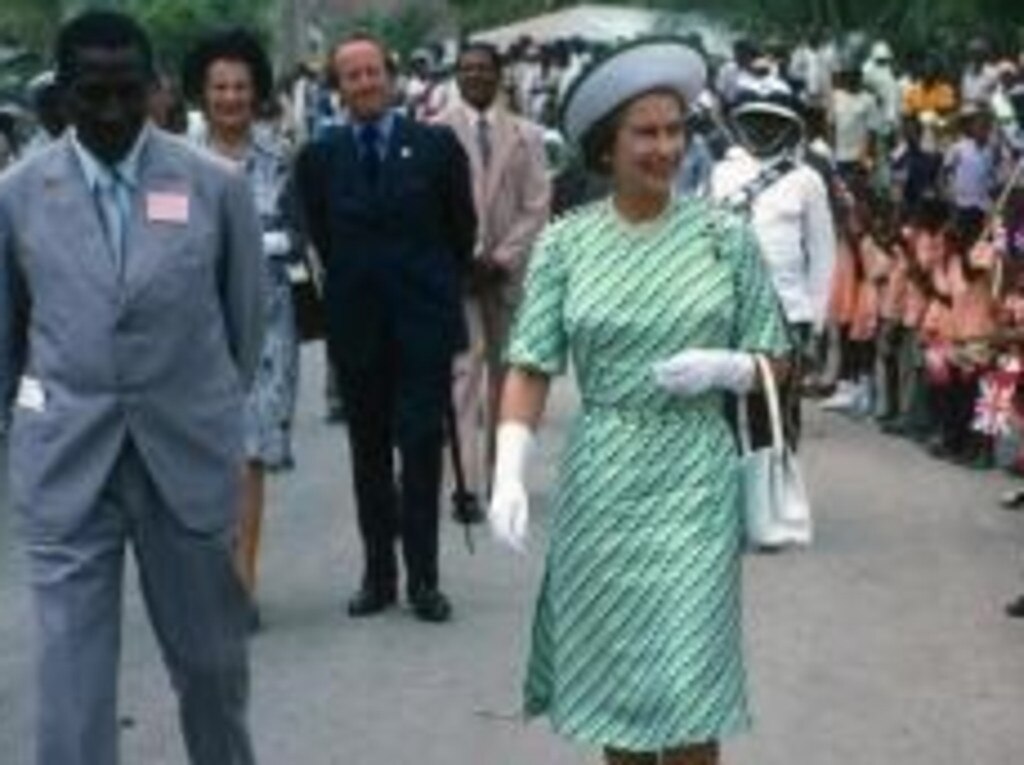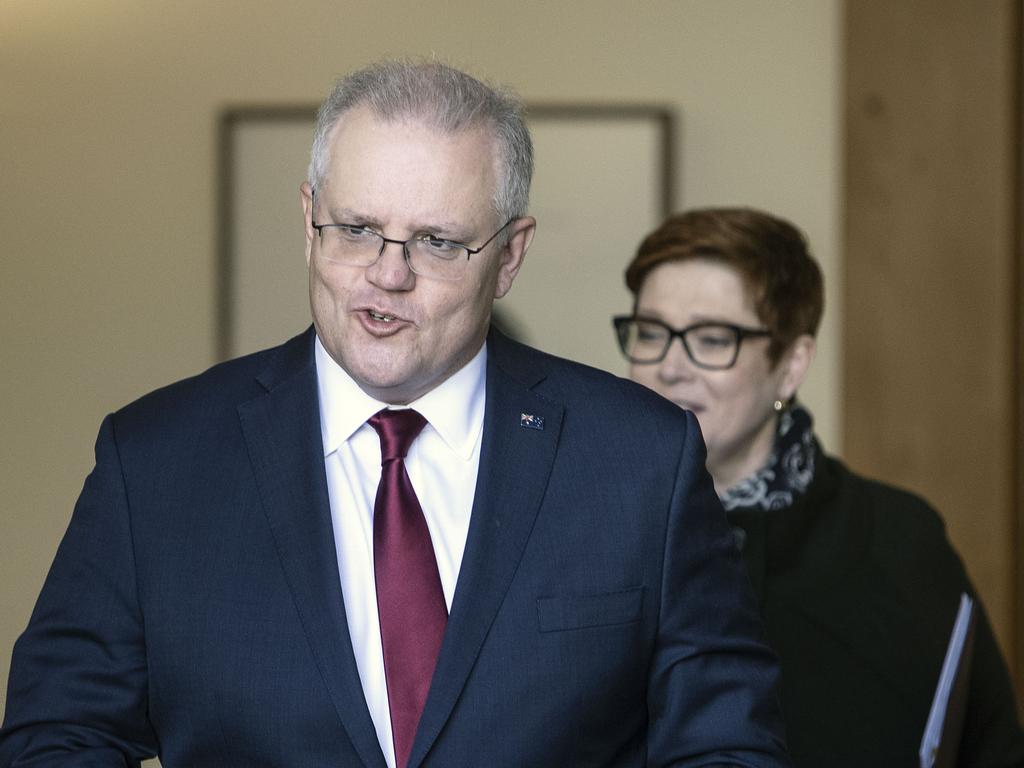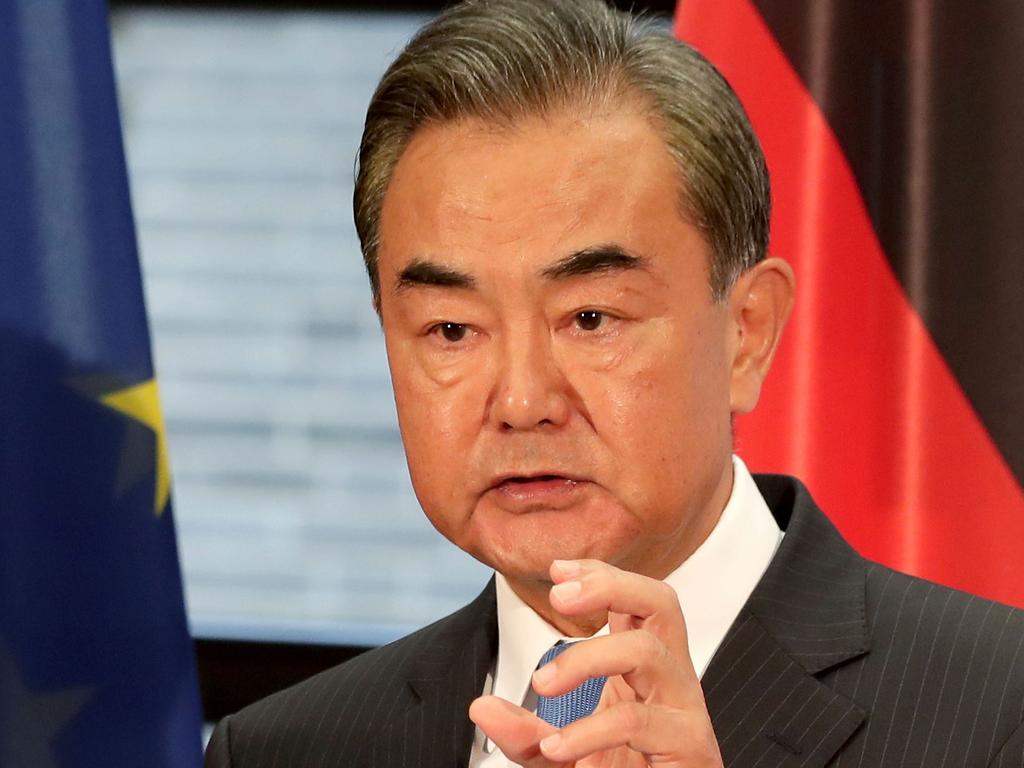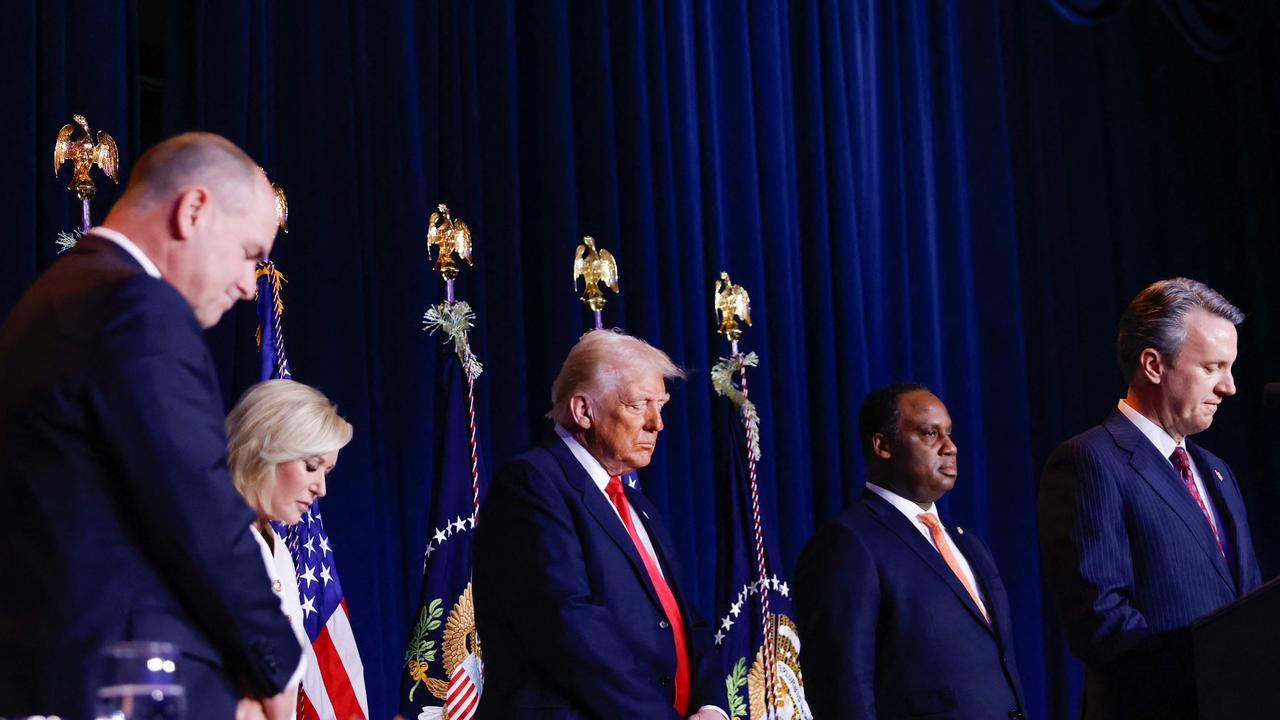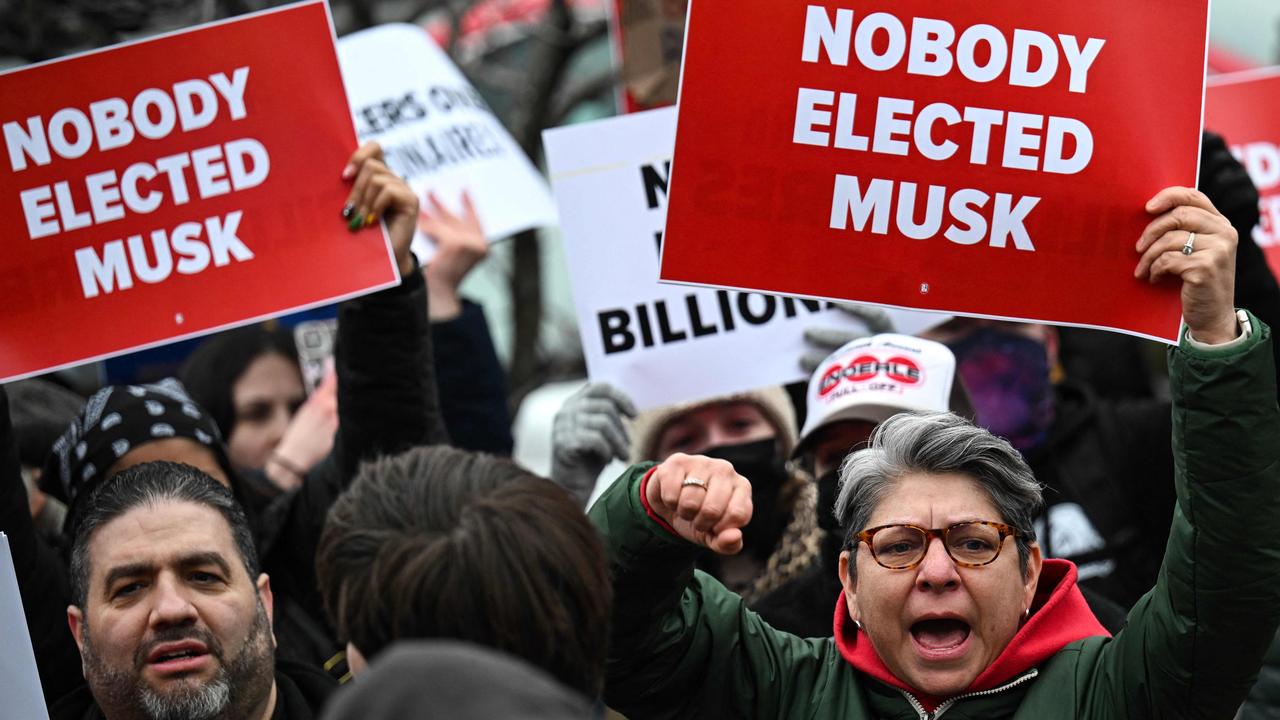China’s billions to woo Commonwealth nations in Caribbean prompt influence fears
Countries that once turned to Britain or the US have looked to Beijing for ‘Belt and Road’ low-interest loans, but at what cost?
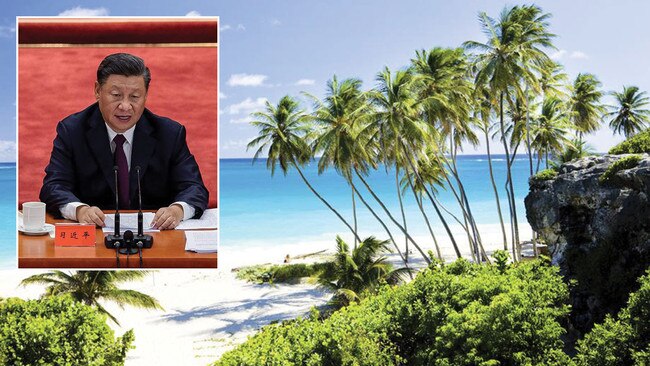
China is lending billions of dollars to Commonwealth nations in the Caribbean, prompting concerns over its growing influence in the region and fears that the recipient states may be trapped by heavy debts to Beijing.
Starved of financing for major infrastructure projects, nations that once turned to Britain or the US have looked to China for low-interest loans to build highways, bridges, ports and stadiums.
“We told them we need your investment and you need our location in the Caribbean,” Keith Rowley, prime minister of Trinidad and Tobago, told reporters after signing up to China’s Belt and Road initiative in June 2018.
Dominica, Guyana, Antigua and Barbuda and Grenada signed similar co-operation agreements later that year. Last year, Jamaica and Barbados followed suit. Details were vague but Yan Xiusheng, China’s ambassador to Barbados, said the latter deal would include financing for agricultural projects and a new national stadium.
China’s growing foothold in the region has caused alarm in the US and Britain. Last week Tom Tugendhat, Tory chairman of the Commons foreign affairs committee, claimed that Chinese influence was behind an announcement by Dame Sandra Mason, the governor-general of Barbados, that the island would drop the Queen as its head of state.
The claim was preposterous, said Don Marshall, director of the Sir Arthur Lewis Institute of Social and Economic Studies in Barbados. But he added that British assistance to Caribbean nations was “nowhere near what it used to be a few decades ago”.
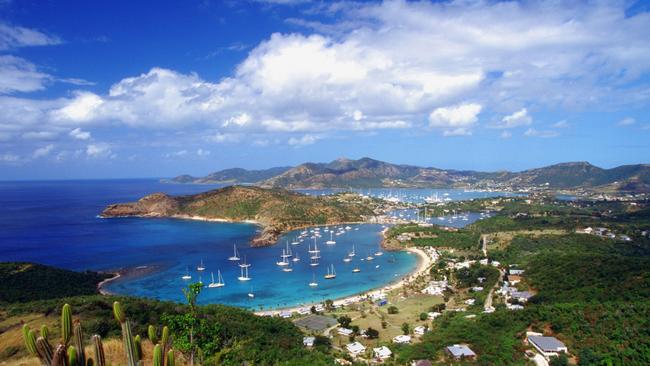
A strong tourism sector as well as remittances from abroad have propped up income per capita in Caribbean nations, restricting their access to the low-interest development loans made available to developing countries. “Along comes China and says we are willing to lend money in the direction of infrastructure,” Dr Marshall said.
Scott MacDonald, an American economist and author of The New Cold War in the Caribbean, a forthcoming book, believes Beijing’s geopolitical aims are “in asymmetry to what the US does in Asia: it pushes back in the South China Sea, it supports Hong Kong. For China, here’s a region starved of capital for infrastructure, it’s been neglected by the US and Europe.”
Leaders in the Caribbean might feel they have little choice. “The Caribbean still has real infrastructure needs,” Mr MacDonald said. “The downside is the Chinese don’t care as much about the environment. The second thing is the Chinese operate without real transparency and disclosure.” Details of contracts that have leaked out show governments waiving rights to immunity and accepting the possibility that state assets may be seized if they default. In Jamaica, a dollars 630 million (pounds 494 million) project to build a north-south highway contained clauses that might allow China to seize any publicly owned assets, according to Craig Clarke, of the University of the West Indies.
“This means the national water infrastructure, for example, could be claimed as part of the repayment mechanism,” he told the Caribbean Investigative Journalism Network, which published extracts of the contract. “And that is a very scary thought.”
Similar concerns have been raised in Guyana over a Chinese-financed dollars 46.7 million road improvement project. Critics point to Sri Lanka, which defaulted on a dollars 1.2 million debt to China and was forced to agree a 99-year lease for its south-coast Hambantota port. Eyck Freymann, author of the forthcoming book One Belt One Road, said that China did not need to manipulate other countries because the financing it offered attracted “a long list of willing partners”.
“China has a far greater interest in winning friends in America’s backyard than in breaking up the Commonwealth,” he said. “But if the discussion is about the future of Chinese influence in the Commonwealth, the answer is that it will keep growing until London puts a more attractive offer on the table.”
The Times


